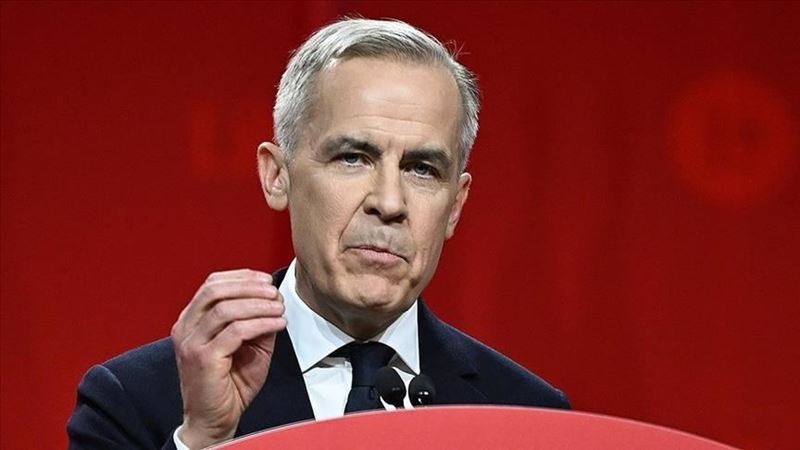U.S. crude is trading around $92 a barrel in the first trades of the new week.
Last week, U.S. crude rose 17 percent after the Organization of the Petroleum Exporting Countries and its allies, including Russia, agreed to cut oil production by 2 million barrels per day.
Oil market players are concerned that major central banks, including the Fed, will push interest rates deeper to suppress inflation. Last week's US data showed a still strong labor market, triggering the Fed's expectations for a 75 basis point increase next month.
Oil remains under pressure from slowdown concerns with risk assets including other commodities and equities. OPEC+'s move to reduce mass production drew backlash from the United States after President Biden traveled to Riyadh in July to improve relations for more oil flows.
OPEC+'s decision should not have surprised anyone, even though it "hurts the United States," Mohamed El-Erian, chief economic adviser at Allianz SE, told CBS News. "OPEC is trying to protect oil prices in the context of declining demand," he said.
Chinese investors are back on Monday from a week-long holiday, potentially increasing market liquidity. All eyes will be on the country's upcoming Communist Party Congress, which will open on October 16 amid the Covid-Zero restrictions hurting consumer demand and expectations for more stimulus.









Comments
No comment yet.